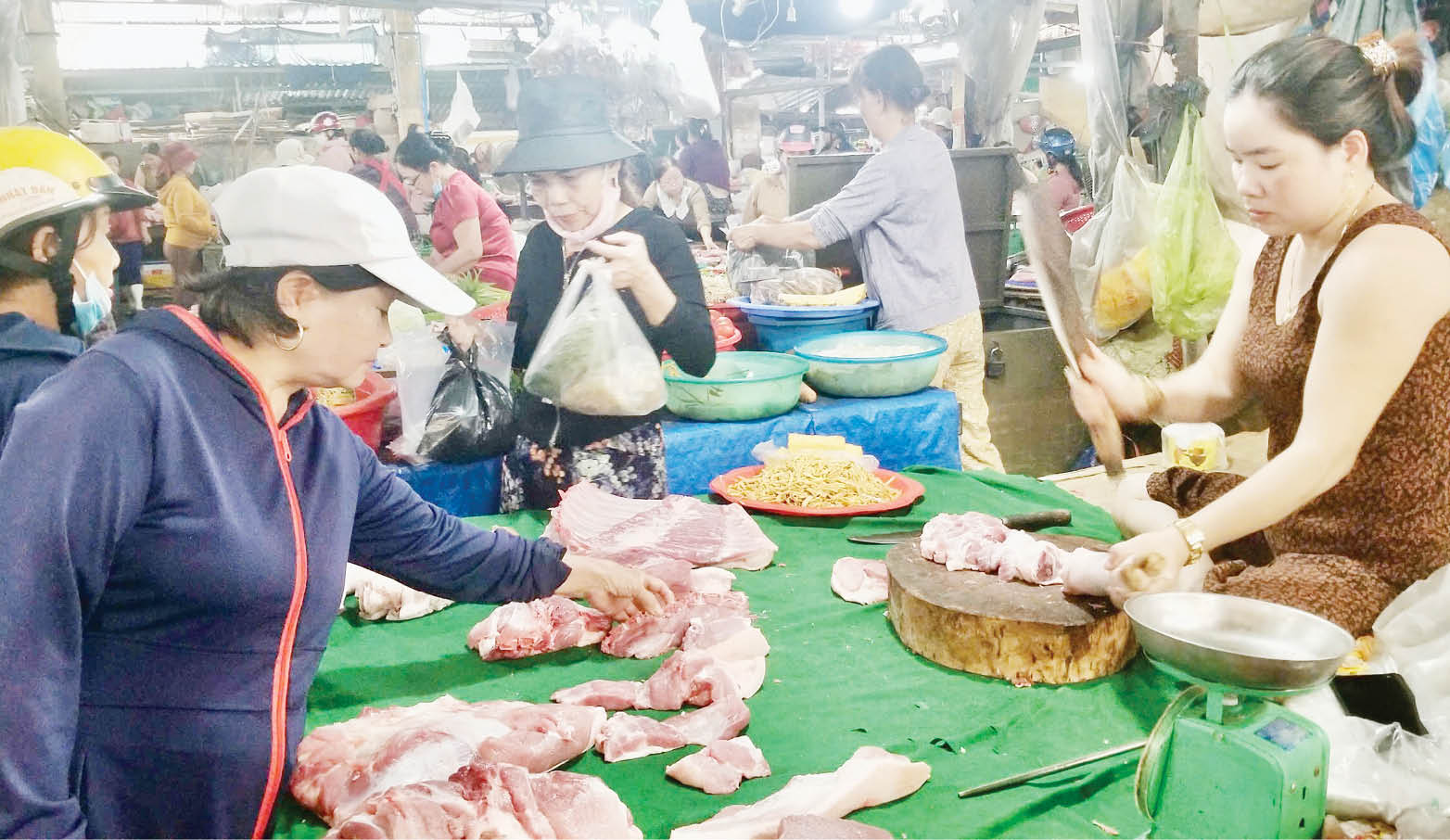 |
| Pork stalls in Hue market are now trading stably again. |
Markets and shops are more crowded
In the evening, the Vong noodle shop (on Nguyen Du street, Thuan Hoa ward) is more crowded than a few weeks ago. Many diners said that today the shop has enough pork, along with blood, crab cakes, rare beef, stewed beef... the dish has the right delicious Hue beef noodle flavor. The shop owner also shared that although she used to sell pork, she only limited it and switched to selling beef noodle, crab, tendon, and blood. Now, the pork supply has stabilized, customers have returned to the shop in greater numbers because they trust the pork safety control measures of the authorities.
A restaurant on Xuan 68 Street, Thuan Hoa Ward, is quite crowded around 6-8pm, with 4-5 tables full of people, most of whom are local customers. A pot of pork in the processing room has been boiled. The owner said that this amount of meat was purchased from a reputable address, has a certificate, is quarantined by veterinary, and is processed at a safe temperature according to the recommendations of the functional sector. A customer named Lan, sitting next to my family's table, said: "These days, I often come to this restaurant to eat beef noodle soup with pig's feet in the evening. Seeing that the restaurant is clean and the processed pork is delicious, I am no longer as hesitant as before."
Unlike the time when the swine streptococcus disease broke out, many restaurants on Nguyen Hue, Pham Hong Thai (Thuan Hoa ward), Mai Thuc Loan, Dinh Tien Hoang, Nguyen Trai (Phu Xuan ward)... had to switch to selling beef, chicken, fish, or eliminate dishes containing pork, but now most markets and restaurants in Hue city have resumed selling pork.
According to the records at the pork stalls in Dong Ba market on the morning of September 18, customers came to buy quite busily. The representative of Dong Ba market management board informed that the current pork consumption output is almost stable as before the outbreak of swine streptococcus disease. More than 60 retail meat stalls in the market have returned to business, selling an average of 50 - 60 kg/stall per day. Dong Ba market also has more than 10 wholesale meat stalls, selling 1.5 - 2 tons of various types of pork/stall/day.
In other markets in Hue City, such as Kim Long, An Cuu, Tay Loc, Phu Bai... it is also recorded that 100% of the meat stalls that were previously open for business have now returned to operation. Ms. Nguyen Thi Nhung, owner of a meat stall at Thuan Loc market (Phu Xuan ward) shared that for nearly 10 days now, the amount of meat sold has been quite stable. On average, she sells 30 - 40 kg of various types of pork each day. The meat she sells comes from reputable slaughterhouses, the meat has a clear origin and has a veterinary quarantine stamp, so consumers are very confident.
Creating momentum for sustainable recovery
The return of pork to markets and shops is a joy, but to maintain a sustainable recovery, local authorities are implementing many solutions.
According to the representative of the Department of Agriculture and Environment (DARD), currently, departments and offices are conducting surveys on the situation of slaughterhouses, households and farms affected by swine streptococcus disease to receive support according to the Government's policy, especially according to Decree No. 116/2025/ND-CP, dated June 5, 2025 on policies to support the overcoming of animal diseases, effective from July 25, 2025.
Dr. Nguyen Van Hung, Head of the City Animal Husbandry and Veterinary Department, said that, implementing the direction of the City People's Committee and based on Clause 3, Article 12 of the above Decree, the Department of Agriculture and Environment is drafting a Resolution of the City People's Council on specific support levels based on comments from departments, branches and localities. Once approved, relevant agencies will organize payments to communes and wards. Regarding the financial mechanism, according to Point d, Clause 1, Article 9 of the Decree, the payments will be made by the People's Committees of communes and wards and if there are not enough resources, it is possible to propose to the province/city to supplement the budget.
Along with this support process, the city's Department of Agriculture and Environment also researches policies to support livestock conversion, build a model of safe livestock cooperatives, and promote chain linkages between farmers and businesses to ensure output and stabilize income for people.
According to statistics from the Department of Agriculture and Environment, Hue City currently has 406 pig and livestock farms, including 4 large-scale farms; 85 medium-scale farms and 317 small-scale farms, with nearly 7,500 households and collective farms. These figures show the diversity of models and types, but it is clear that pig farming in Hue City is still quite small-scale, with unstable barn conditions and difficulty in controlling diseases. This is a major "weakness" that makes the livestock industry vulnerable when an epidemic occurs.
According to experts, households that do not meet biosafety requirements should proactively switch to less risky livestock, such as cows, goats, free-range chickens, ducks, etc., because these species are easy to manage, prevent diseases, and are suitable for current household production conditions and consumer markets.
“It is not necessary to raise pigs when there is a lack of disease control conditions. If safety is not guaranteed, then converting livestock is the most effective way to maintain livelihoods,” the head of the City Department of Animal Husbandry and Veterinary Medicine recommended.
Source: https://huengaynay.vn/kinh-te/thit-lon-duoc-nguoi-dan-don-nhan-tro-lai-157902.html










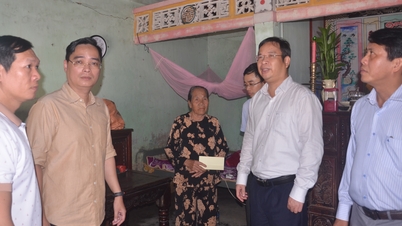


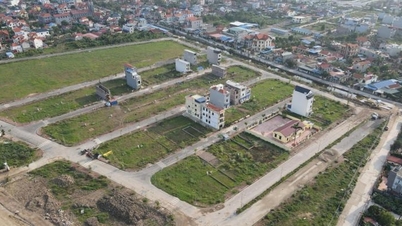

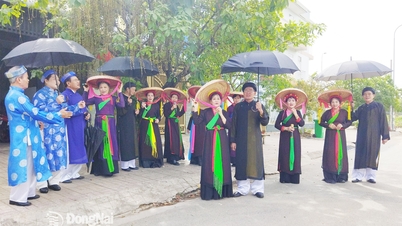








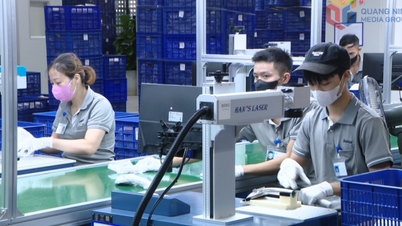

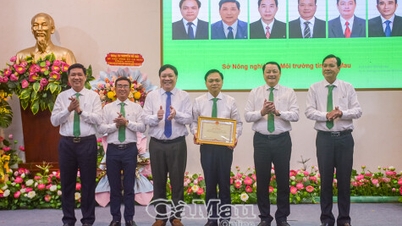








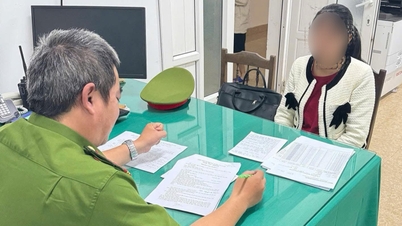


![[Photo] Da Nang: Hundreds of people join hands to clean up a vital tourist route after storm No. 13](https://vphoto.vietnam.vn/thumb/1200x675/vietnam/resource/IMAGE/2025/11/07/1762491638903_image-3-1353-jpg.webp)










































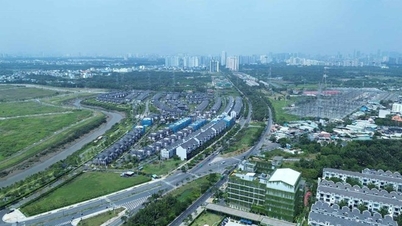













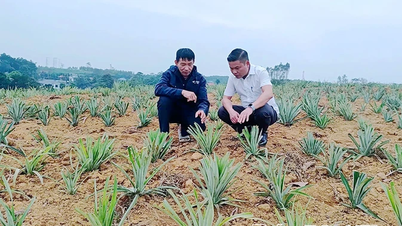

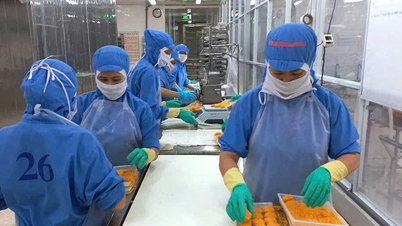






















Comment (0)